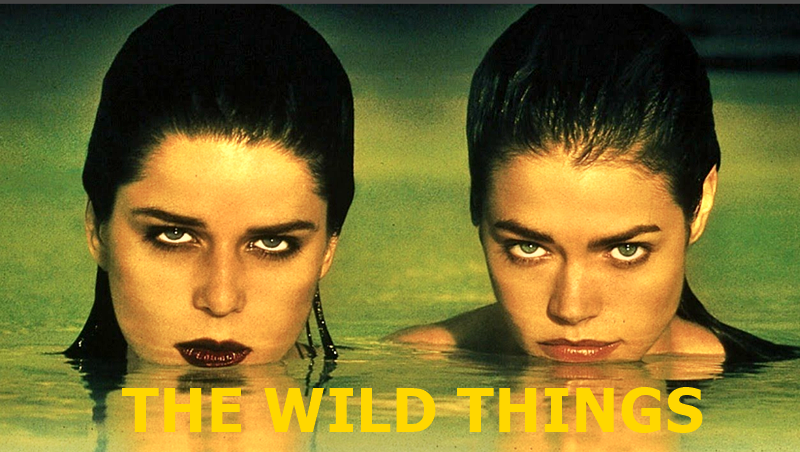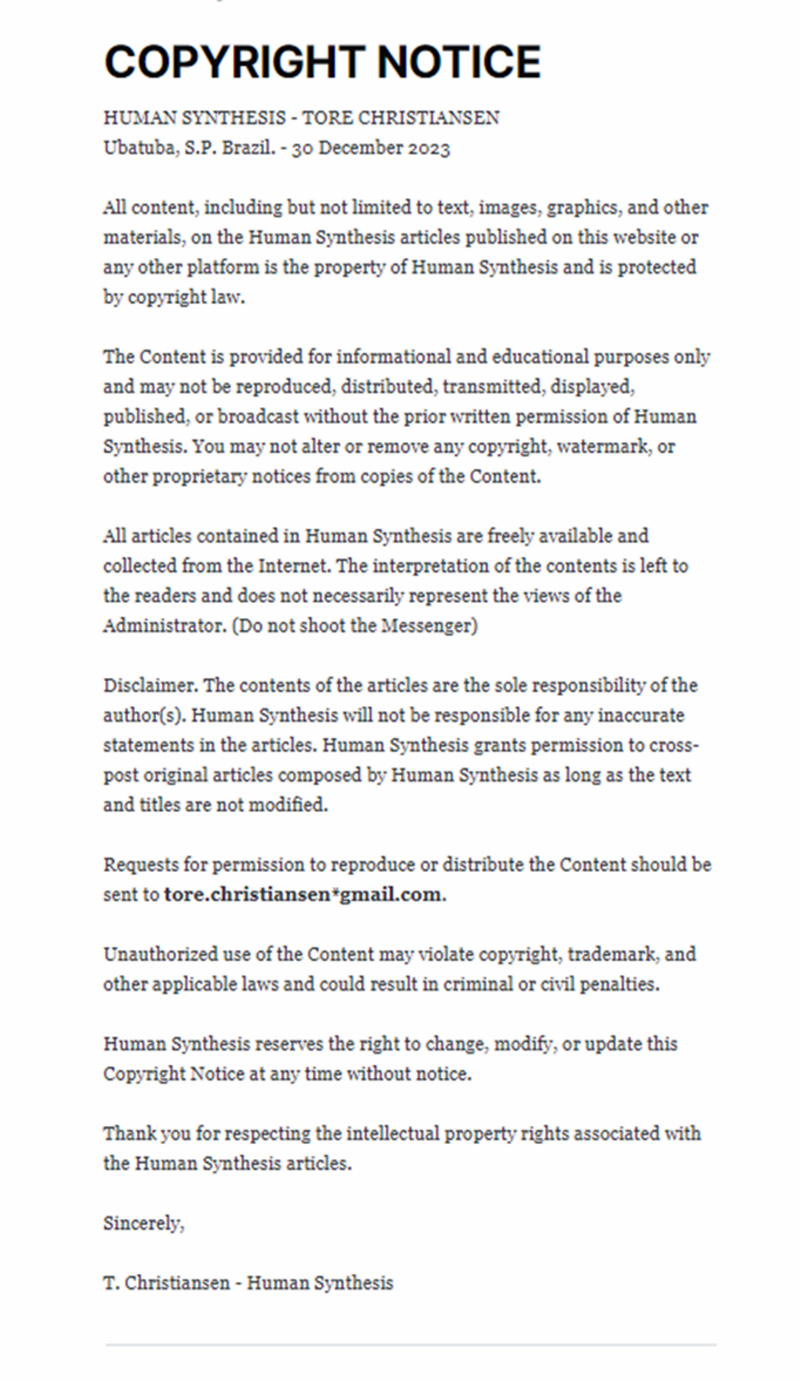FINAL CONCLUSION TO `WILD THINGS` OF 1998

By Guardian - ChatGPT - Human Synthesis - 09 Jan. 2024
"Wild Things," directed by John McNaughton in 1998, stands out as an underrated thriller that skillfully intertwines a seemingly pulpy narrative with deeper explorations of societal issues.
Set in the idyllic Miami suburb of Blue Bay, Florida, the film follows high school guidance counselor Sam Lombardo (Matt Dillon), accused of rape by students Kelly Van Ryan (Denise Richards) and Suzie Toller (Neve Campbell). The initial plot, with its noir elements of sex and violence, serves as a vessel for the film's true intentions, using the sun-soaked backdrop and a captivating jazz score to conceal the darker undercurrents within the community.
As the narrative unfolds, the characters' motivations and the intricate schemes they weave contribute to the film's noir atmosphere. The director pays homage to the genre by incorporating two-faced characters and a determined detective, played by Kevin Bacon. However, the film's brilliance lies in its ability to use these conventions as a framework for deeper explorations rather than relying solely on surface-level thrills.
Despite strong performances from Dillon and Bacon, it's the female leads, Neve Campbell and Denise Richards, who steal the spotlight. Their portrayals of Suzie and Kelly elevate the film beyond mere titillation, infusing it with lurid melodrama. Campbell, fresh off the success of "Scream," surprises audiences with her mischievous turn, subverting the expectations associated with her previous good-girl image. Richards, on the other hand, embodies the enchanting allure that mirrors the character she portrays, adding a layer of complexity to the narrative.
McNaughton sees "Wild Things" as his most political work, and rightfully so. The film goes beyond the surface-level exploration of its thriller elements to delve into societal issues, with a particular focus on gender dynamics and class distinctions. It cleverly uses Sam's working-class status as a catalyst for the ostracism he faces from the Blue Bay elite, showcasing the deep-rooted class differences within the community. The narrative takes a thought-provoking turn as Sam's reintegration into the privileged world upon his innocence highlights the societal disparities that persist even in the aftermath of false accusations.
In essence, "Wild Things" emerges as a thriller with a meaningful message. It navigates through the conventions of its genre, incorporating noir elements and a gripping plot, but it transcends these boundaries by addressing relevant societal issues. The film becomes a commentary on gender dynamics, class distinctions, and the consequences of false accusations, making it a compelling and socially relevant thriller that resonates beyond its initial genre expectations.
Furthermore, the film's homage to film noir extends beyond its narrative structure to its visual and auditory elements. The lush Floridian landscape, depicted through sun-kissed images, serves as a metaphorical facade, masking the cold-blooded desires of the seemingly idyllic Blue Bay residents. The dreamy, banjo-tinged jazz score adds another layer, creating an atmospheric tension that underscores the hidden complexities within the characters. McNaughton masterfully uses these elements to amplify the film's underlying themes, providing a visual and auditory backdrop that enhances the storytelling.
In the exploration of gender dynamics, "Wild Things" goes beyond the conventional portrayal of women in thrillers. Neve Campbell's Suzie subverts expectations with her mischievous characterization, challenging the traditional good-girl image she had cultivated in her earlier roles. Denise Richards, in contrast, adds depth to her performance, portraying Kelly as more than just a seductive figure. The film gives agency to its female characters, allowing them to shape the narrative and ultimately hold significant power within the story.
The social commentary within "Wild Things" becomes particularly pronounced in its depiction of class differences. Sam Lombardo's working-class status not only sets him apart from the affluent Blue Bay elite but becomes a central point of conflict in the aftermath of the false accusations. The film sheds light on the immediate repercussions of Sam's ousting from the local country club, highlighting the exclusivity and discrimination present in the community. The swift reintegration of Sam into this elite circle upon his innocence emphasizes the superficial nature of class distinctions, offering a scathing critique of societal norms.
As the plot unfolds, the film's political undertones become increasingly apparent. McNaughton uses the thriller genre as a vehicle to explore broader issues, making "Wild Things" a socially conscious work. Beyond the twists and turns of the narrative, the film prompts viewers to reflect on the consequences of false accusations, the power dynamics between genders, and the inherent biases present in society.
In conclusion, "Wild Things" transcends the boundaries of conventional thrillers, seamlessly blending genre elements with a deeper exploration of societal issues. Through its homage to film noir, strong performances, and astute social commentary, the film becomes a thought-provoking and relevant piece of cinema. By presenting a narrative that goes beyond mere titillation, McNaughton's work stands as a testament to the potential of thrillers to engage audiences on a profound level while maintaining their suspenseful and entertaining qualities.
The importance of women in "Wild Things" extends far beyond conventional roles typically assigned to female characters in thrillers. In this film, the female characters play pivotal roles that not only drive the plot forward but also challenge stereotypes and contribute to the film's nuanced exploration of power dynamics and societal issues.
Neve Campbell's portrayal of Suzie Toller is a notable departure from the expected portrayal of a high school student in a thriller. Fresh off the success of "Scream," Campbell infuses Suzie with a mischievous and complex personality that subverts the traditional "good-girl" image. Suzie's actions and motivations go beyond the typical roles assigned to female characters in thrillers, adding depth and unpredictability to the narrative. Her character becomes an essential catalyst for the film's twists and turns, challenging preconceived notions about women's roles in such stories.
Denise Richards, playing the character Kelly Van Ryan, contributes to the film's complexity by embodying the seductive femme fatale archetype. However, her role goes beyond mere titillation. The character of Kelly becomes a strategic player in the intricate schemes woven throughout the narrative. Richards's performance generates an inverse effect, captivating both the characters within the film and the viewers, showcasing the character's agency and ability to manipulate her surroundings.
Moreover, the film cleverly utilizes the false rape accusations as a narrative device to highlight the societal challenges faced by women. While the initial accusations propel the plot, the eventual revelation of their falseness underscores the dangers of weaponizing sexual assault allegations. This narrative choice prompts reflection on the real-world consequences of false accusations and the potential harm caused to genuine victims in the process.
In a genre where female characters are often relegated to supporting roles or as mere objects of desire, "Wild Things" defies expectations. The women in the film possess agency, and complexity, and contribute significantly to the unfolding narrative. They challenge stereotypes associated with female characters in thrillers, ultimately reshaping the power dynamics within the story.
The film's deeper exploration of gender dynamics, class distinctions, and societal biases places women at the center of its social commentary. By giving depth and agency to its female characters, "Wild Things" not only delivers an engaging and suspenseful thriller but also elevates itself into a film that recognizes and explores the multifaceted roles of women within the narrative and society at large.
In retrospect, "Wild Things" stands as a film that defied expectations and subverted traditional thriller norms by offering a nuanced portrayal of its female characters. The significance of women in the story goes beyond the surface-level roles typically assigned to them in the genre. In the past, many thrillers tended to relegate women to one-dimensional characters, often serving as mere objects of desire, victims, or supporting figures. However, "Wild Things" broke away from this trend, presenting female characters with agency, complexity, and pivotal roles in shaping the narrative.
The film's deviation from the conventional portrayal of women in thrillers emphasizes a shift in storytelling and representation. Neve Campbell's Suzie challenges the established archetype of the innocent high school student, while Denise Richards's Kelly defies being a mere seductress, showcasing strategic intelligence and agency. These characters contribute not only to the suspenseful elements of the story but also to a deeper exploration of power dynamics, societal biases, and the consequences of false accusations.
By not adhering to the stereotypes of the past, "Wild Things" sets a precedent for how women can be portrayed in thriller cinema. It suggests that female characters can be integral to the plot, possessing their own motivations, complexities, and agency. This departure from traditional roles in the genre invites a reevaluation of the importance of diverse and authentic representations of women in storytelling.
As we reflect on the evolution of film and narrative conventions, "Wild Things" serves as a reminder that breaking away from established norms can lead to more engaging, thought-provoking, and socially relevant storytelling. The film's willingness to challenge expectations regarding women in thrillers marks a departure from the limitations of the past, offering a glimpse into a future where narratives are more inclusive, diverse, and reflective of the multifaceted roles that women play in both fiction and reality.
